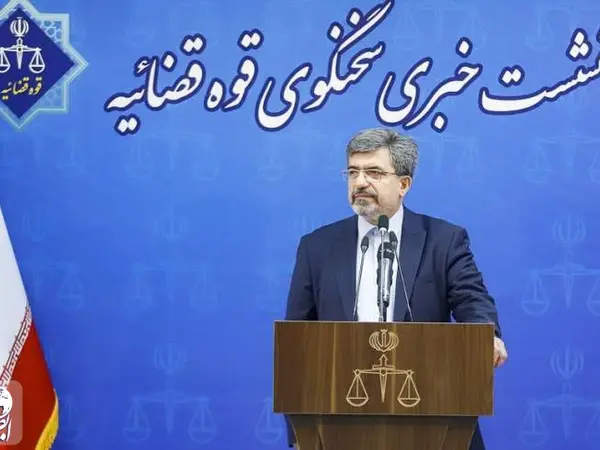Masoud Setayeshi, the spokesperson for Iran's Judiciary, has called on the Swedish appeal court to ensure a fair and correct proceeding for former Iranian jailor Hamid Nouri.
Nouri, a former deputy prosecutor at Gohardasht Prison near Tehran was sentenced to life in prison by a Swedish court last year for his alleged role in the purge of political prisoners in Iran during the 1988 killings.
Speaking on Tuesday, Setayeshi emphasized the need for the judge to conduct the proceedings with “correctness, honesty, and without bias, considering both God and the law.” He cautioned against the influence of “political atmospheres, highlighting the importance of adherence to principles of justice and legality.”
Setayeshi's call flies in the face of the fact that the Iranian regime regularly conducts unjust court proceedings and delivers biased rulings. Innumerable sentences have been given without fair trial or proper legal representation. Both historical records and recent evidence by legal experts and rights groups suggest that the death penalty is wielded by the Islamic Republic as a means of political repression, particularly to instill fear among opposition forces. In trials that may result in death sentences for defendants, Iran's Judiciary prohibits protesters and dissidents from selecting their legal representation.
In Iran, individuals on trial for crimes against national security can only be represented by lawyers with the "endorsement" of the chief justice. Dissidents facing charges related to national security, insulting the Supreme Leader, or unlawful assembly often have limited options for legal representation.
Protesters are sometimes charged with offenses such as "corruption on earth" or "waging war against God," both of which carry the death penalty. Iran's revolutionary courts have sentenced numerous protesters to death on such charges, with seven executions reported so far and others facing the same fate.

